8 Strange Things That Happen to Your Body When the Clocks Fall Back
Daylight savings is ending. Here is how it could impact your body.
On November 5, daylight savings time ends, the clocks fall back an hour, and the days get shorter. While some early birds rejoice in the time change (after all, who wants to get up for work or school when it is still dark outside?), the time change can result in a number of health issues for others. “The good news about the November time change is the change back to Standard Time. Daylight Savings Time in Spring tends to have more negative consequences than ‘falling behind,’” says Samina Ahmed Jauregui, PsyD, a clinical psychologist, assistant professor, and sleep expert for DEEPS, a scientist-formulated sleep patch brand. Here are all the strange things that happen to your body when the clocks fall back, according to science.
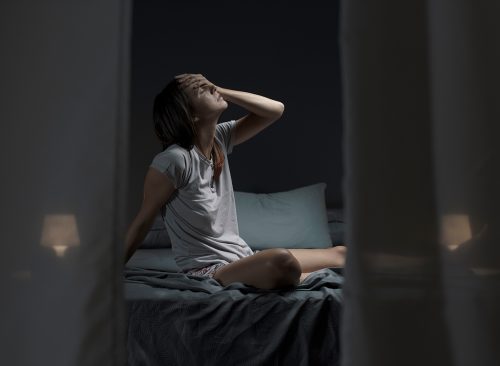
The most obvious repercussion of moving the clocks back is how it impacts your sleep. The change in time disturbs your circadian rhythm, which regulates the sleep-wake cycle. According to the National Institute of General Medical Sciences (NIGMS), “changes in our body and environmental factors can cause our circadian rhythms and the natural light-dark cycle to be out of sync.”

Standard time matches our internal body clock more closely. “By changing the clocks back by an hour, we allow for more light exposure in the morning and more darkness in the evening, making it easier to wake up for daily activities and fall asleep at night,” says Jauregui.
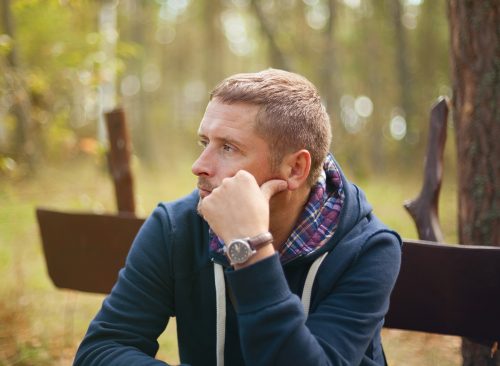
Due to your circadian rhythm getting thrown off, you are at a heightened risk of mood disturbances. The results of a small study found that male suicide rates rose in the weeks following the commencement of daylight saving compared to the weeks following the return to Eastern Standard Time and for the rest of the year.

Rajkumar Dasgupta, associate professor of clinical medicine at the University of Southern California Keck School of Medicine in Los Angeles, told CNN that the end of Daylight Saving Time is typically a trigger for cluster headaches. “Cluster headache attacks can occur every day for six to eight weeks and then go away in a cluster cycle. The theory is that you can actually trigger a cycle by switching the time with Daylight Saving Time. The connection between the time change and cluster headaches is that the portion of the brain that is also the generator for cluster headaches is also the portion of the brain that manages our circadian rhythms, which is located in the hypothalamus,” he revealed.

Your heart health could also be at risk. “The slight change in routine (whether forward or backward) can result in greater risk of stroke (usually 65+),” says Dr. Jauregui.
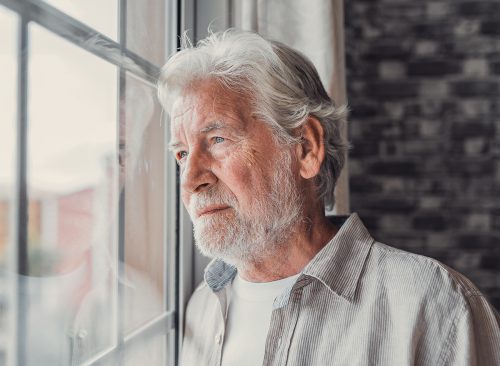
“The end of Daylight Saving Time brings about reduced light and shorter fall and winter days – and this change may increase Seasonal Affective Disorder, a type of depression triggered by the changing of the seasons and waning daylight,” Dr. Dasgupta added.
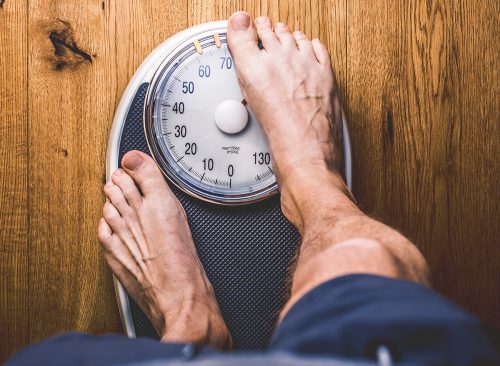
Circadian rhythm is linked to metabolic disruption, which means that it could slow down your metabolism, leading to weight gain.

The time change could impact your performance at work. According to a study published in Sleep, healthcare workers experienced an 18 percent uptick in safety-related human errors in the week following DST in the spring and a 5 percent increase in the fall. “School-aged children tend to experience negative performance in learning, memory, and attention,” says Dr. Jauregui.
There are some ways you can minimize the impact. Dr. Jauregui recommends starting to adjust your biological clock the week leading up to the time change by shifting your bedtime to 15-20 min each night until Saturday night. Then, on Saturday evening before the change, delay your clock by one hour and go to bed at your typical bedtime.

She also recommends going outside for natural sunlight exposure on Sunday morning “to help you shake off any grogginess and better adjust your internal clock.”
RELATED: 90% of People Who Die From COVID Have This in Common
11
Be Patient

“It typically takes one to two days to adjust fully to the time change,” Dr. Jaureguim explains, “as long as you are good about maintaining your routine.” She does advise against overdoing the sleeping in on weekends.














